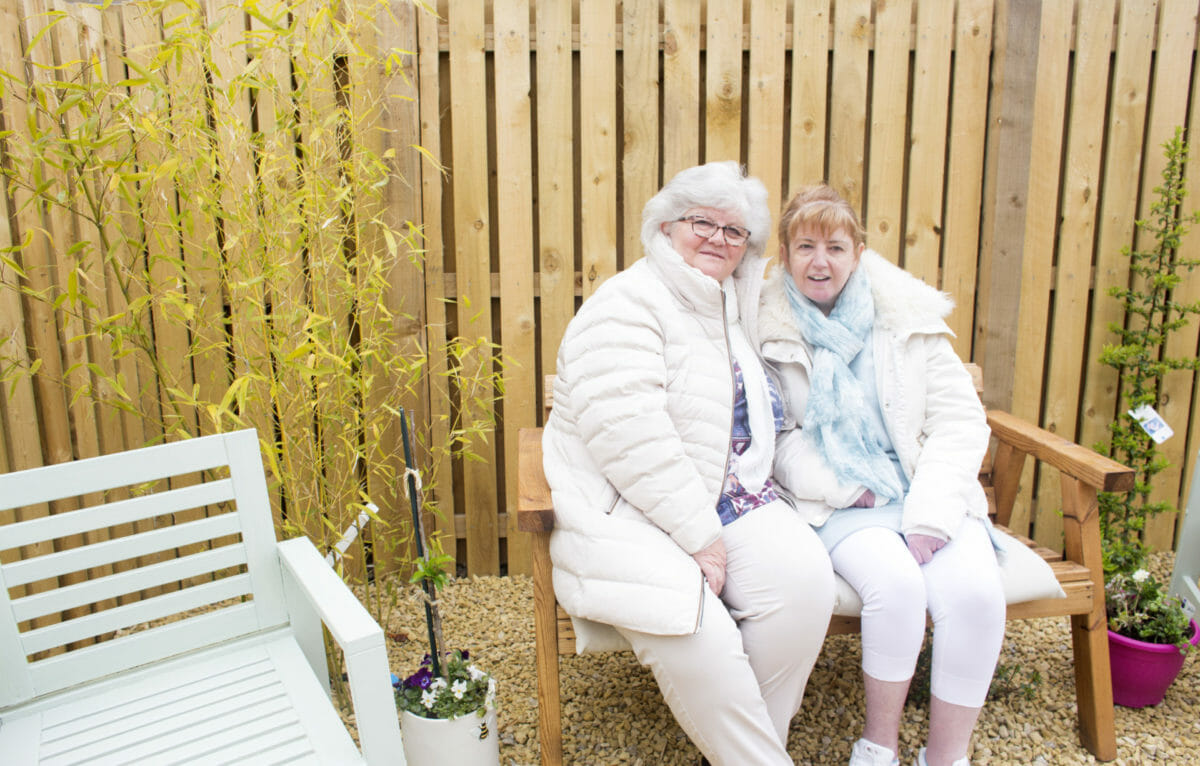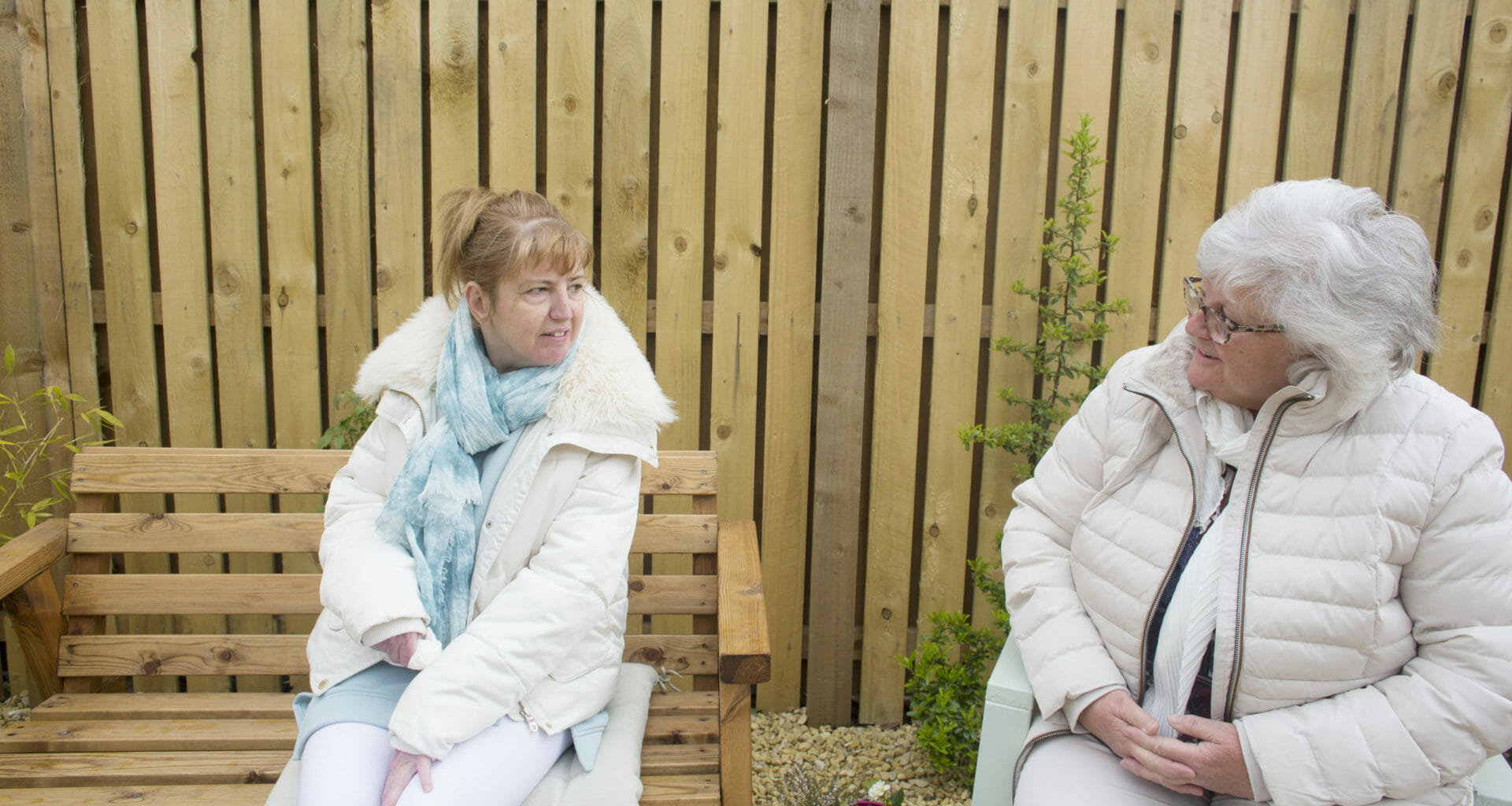The number of people receiving home care who died over the last year increased dramatically, prompting calls for their deaths to be investigated as part of a Scotland-wide inquiry into the handling of the coronavirus pandemic.
Data obtained from the Scottish Care Inspectorate by the Bureau of Investigative Journalism and passed to The Ferret, shows that deaths of people getting social care support at home increased 71 per cent between 2019 and 2020, when Scotland was in the grip of the coronavirus pandemic.
Campaigners said that while deaths in care homes had rightly been at the forefront of people’s minds, high death rates of those cared for in the community – including older and disabled people – had been forgotten.
Figures, which include only deaths logged with the inspectorate by care providers, show that between April 2020 and March 2021, 2,977 people died, a significant increase on the previous 12 months when 1,744 died.
Of those deaths, between 336 and 351 are recorded as having died with confirmed or suspected cases of Covid-19. This is around 12 per cent of the total number of deaths.
No exact figures could be calculated because records showed some months as having only “less than five deaths”.
While the number of deaths attributed to Covid-19 are likely to be an underestimate, leading social care campaigners said the figures highlighted the need for urgent scrutiny of the reasons that vulnerable people, dependant on social care, had died.
Other data obtained by the The Bureau revealed the disproportionate effect of the pandemic on people receiving care at home across the UK.
Analysis of English data showed deaths of adults receiving home care increased by 49 per cent from 2019 to at least 25,000 deaths in April 2020-March 2021.
In ten English local authority areas the official count of these deaths more than tripled during the pandemic year.
Scottish campaigners said there were likely to be multiple factors behind the deaths. Those include, they said, cuts to care and other support and treatment packages – often made with little notice as reported by The Ferret last March – leaving people “abandoned” at a time of crisis.
Meanwhile some families and individuals opted out of care because carers, who were moving from home-to-home, were not provided with full PPE or testing.
Others who continued to receive visits from home carers, may have been put at risk of contracting Covid-19, it has been claimed.
In March 2021 figures released by the National Records of Scotland (NRS) showed that 4,333 of those who died of coronavirus between March 2020 and January 2021 were disabled people – six out of ten of the total number of deaths.
Disabled people and charities supporting them told The Ferret the threat of Do Not Resuscitate orders being placed on them if they contracted Covid-19, meant they were afraid of going to hospital, or other health services, for treatment connected with other underlying conditions.
Some pointed to the mental distress caused by isolation, an absence of pain management and therapeutic treatment or mental health support.
Disability charity Inclusion Scotland said five people reported suicidal thoughts in a survey last April, even though the survey did not seek views on this topic.
Donald Macaskill, chief executive of membership organisation Scottish Care, said: “Undeniably there have been more people dying in the community. The question is could we have done more to support them. And I think we could have.
“Care homes were rightly at the front of our minds. But out of sight and mind were the people isolated in their own homes, especially those who didn’t have family.
“An inquiry is needed not just to look at the impact on care homes but to look at the impact in the community.”
He said the new figures were supported not only by anecdotal evidence gathered by the organisation but by research from Napier University, also based on NRS data, showing an increase in the number of people dying at home.
“This new data really begs the question about what has been the nature of these deaths of people at home.”
When home care support was withdrawn at the start of the pandemic, he said, vulnerable people were left in the care of family “at a time of real stress and distress at the early stages and without necessarily a level of expertise”.
He added: “Secondly we have evidence to say that people were not going to appointments at their own doctor or at hospital because of Covid fear and there needs to be an explanation as to how many potentially died as a result of that non-access of primary and secondary care services.
“There are also staff who are recounting that people deteriorated very sharply during the pandemic, especially those living with dementia. I stand by what I said last spring, which was with all our understandable focus on care homes we were ignoring the reality that a highly vulnerable population was living in the community.”
Pauline Nolan, director of civic participation at Inclusion Scotland, said the findings chimed with research by her organisation with its members.
People were simply abandoned, without support to get out of bed or get essential food and medication. This violated many basic human rights.
Inclusion Scotland report.
The research – as yet unpublished but seen by The Ferret – reveals a bleak picture with many having care packages cut to just a few hours a week, or even removed entirely.
Two thirds said they had not been consulted on these changes, others were charged for care they were no longer receiving.
Inclusion Scotland concluded: “people were simply abandoned, without support to get out of bed or get essential food and medication. This violated many basic human rights”.
“In our April survey five people said they were considering suicide,” added Nolan. “It wasn’t just social care support that was cut – people lost hospital treatment, they lost counselling, groups they went to, pain management, therapeutic treatment. All of that was just gone.
“The pandemic has drawn new inequalities and people in need of social care support have been the hardest hit. This is why we need a new system of social care support in Scotland that includes lived experience at every level of planning and decision making and has human rights at its core.”
Dr Jim Elder-Woodward, Inclusion Scotland’s vice-chair and chair of the Scottish Independent Living Coalition, was born with cerebral palsy. He has had life-long experience of disability, as a health and social service user, provider, planner and researcher.
He said his experience as the pandemic hit was of “extreme anxiety and distress”.
He employs carers – known as personal assistants – with local authority money, to provide his 24/7 support, two of whom decided to self-isolate, leaving him struggling to also pay for additional cover.
When he hired a replacement, money and jewellery went missing and the stress became overwhelming. “I had a complete physical and mental breakdown,” Elder-Woodward said.
After recovering, he reorganised his support. But his local authority offered him a “derisory” 15 minutes of homecare per day. To stay continent when he had no support, he remained naked from the waist down. He said the local authority failed to support him as an employer or to provide the funding needed to keep him safe.
But Elder-Woodward believes he was far more fortunate than most and able to self-advocate. “I have a big mouth and I’m not afraid to use it,” he said.
Locked upstairs, because his lift was broken for more than a year, his post-graduate studies, along with advisory Scottish Government meetings “kept me going”. “I managed to cope,” he said. “Not everyone did.”
Jackie Baillie, Scottish Labour deputy leader and health spokesperson said a public inquiry must examine decisions made “and give families the answers they deserve”.
She added: “The failure to support Scots receiving care, both at home and through care homes, cost thousands of lives and put intolerable strain on providers, recipients of social care and families. The failure to manage the pressures of Covid led recipients to miss out on other care they desperately needed.
“An inquiry must be able to consider all available evidence to ensure such a tragedy never happens again.”
A Scottish Government spokesperson said: “We mourn every death from Covid-19 and express our sympathy for all those who have lost loved ones, and for the distress and grief experienced by individuals and their families.
“The Scottish Government will continue to learn lessons from the Covid-pandemic and, subject to the outcome of the Scottish Parliament election, intends to have a full public inquiry which considers all aspects of how the Covid-19 pandemic has been handled.
“Saving people’s lives has been and continues to be the priority of the Scottish Government throughout the pandemic.”
‘People who were cared for at home were totally overlooked’.

Helen McAleer and her husband John, both 70, care for their daughter Amanda, almost 48, who has cerebral palsy and was brain damaged at birth.
Though shocked by the figures McAleer said she was not surprised. “People who were cared for at home were totally overlooked,” she added.
“There are so many more things that could have been done to protect those who relied on home care.”
The family’s immediate concern was preventing Amanda, who had pleurisy the year before, from contracting Covid-19. They were worried that if she ended up in a hospital ward, she would be vulnerable to receiving a do not resuscitate order (DNR).
Helen added: “We knew that if she ended up in hospital there would be little done in terms of heroics to save her. So it was up to us to keep her safe.”
A fortnight before lockdown her parents stopped Amanda’s day centre sessions that they felt were “just too high risk”. “And then as the country went into lockdown her personal care was cut from 17 hours week – which was for showers plus a few hours one to one personal care at day centres – to just 1.5 hours,” said Helen.
But with carers struggling to get proper PPE and no staff testing being done, the family decided that the benefit of the time was not worth the risk.
The couple decided they would instead care for Amanda themselves but though Amanda has a severe learning disability, cerebral palsy and epilepsy she wasn’t added to the shielding list until last month.
“When the pandemic hit you couldn’t get a delivery of shopping anywhere,” said Helen. “We were lucky because our care provider agreed to do shopping for us instead a couple of times a week. That was a lifeline.”
She knows the ability of her family to manage in such circumstances would not be available to everyone.
“Amanda has two parents who are able to step in and take care of her,” she said.
“There are many others who were very vulnerable and living on their own who would not have had that option.
“People were really just cut adrift. We felt powerless in the face of what was happening.”
As the family was living in a flat – and the stairwell and garden used by other residents – they spent almost six months “living within four walls” before moving to a house, which allowed them to get outside with the wheelchair.
“That has made an enormous difference,” Helen said. “It breaks my heart to think of others who are still struggling.”
The family’s big worry is that care packages will not go back to pre-Covid levels, with funding not forthcoming from the UK and Scottish Government to meet the shortfalls which existed even before the pandemic.
“It shouldn’t have taken interventions by celebrities like Jo Whiley and Ian Rankin to get people with learning disabilities onto prioritised vaccine lists,” Helen added.
“Both governments had figures of excess deaths. They knew the risks and what they were doing.”
Images by Angela Catlin














